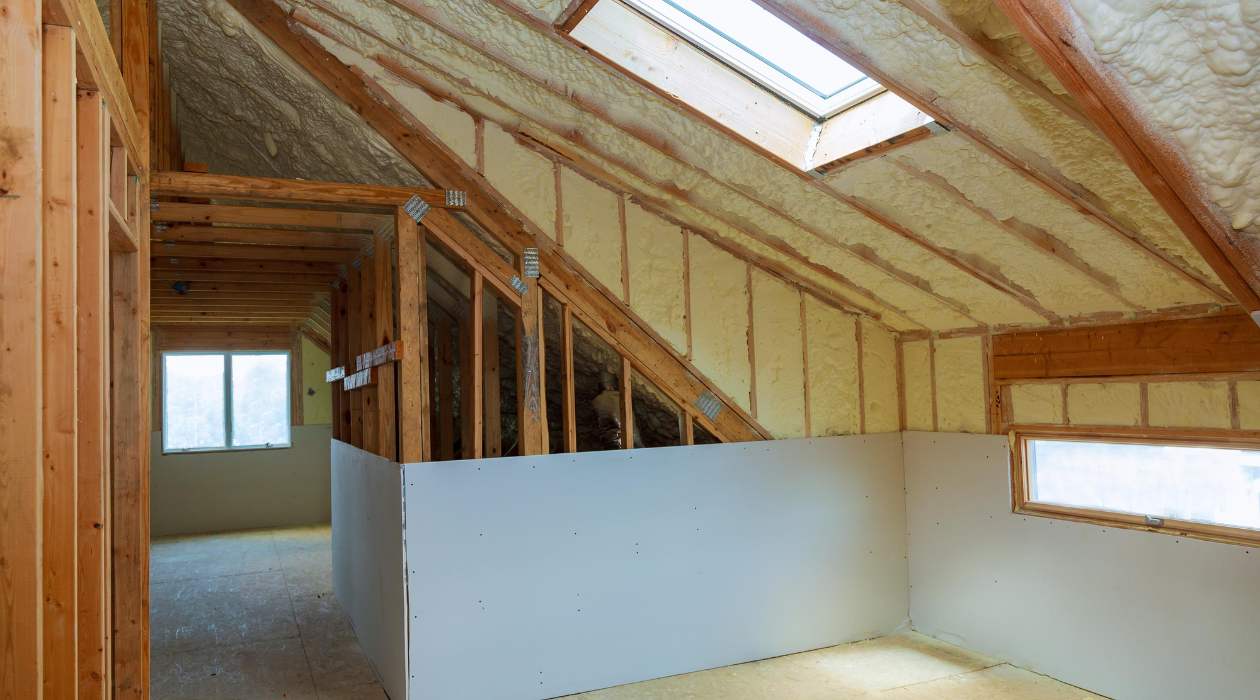

Articles
Who Can Install Insulation In The Attic
Modified: December 7, 2023
Looking for articles on who can install insulation in attic? Find the answers you need and expert tips from knowledgeable professionals.
(Many of the links in this article redirect to a specific reviewed product. Your purchase of these products through affiliate links helps to generate commission for Storables.com, at no extra cost. Learn more)
Introduction
Welcome to the world of attics, insulation, and the importance of a well-insulated attic. If you are a homeowner or a business owner, understanding the significance of proper attic insulation is crucial for maintaining a comfortable living or working environment, reducing energy costs, and ensuring the longevity of your property.
Attic insulation acts as a barrier between your living space and the external environment. It helps to prevent heat loss during colder months and heat gain during warmer months. In addition to temperature regulation, insulation also plays a key role in soundproofing, preventing the intrusion of outdoor noise into your home or office.
Proper attic insulation can have a significant impact on energy efficiency. According to the U.S. Department of Energy, inadequate insulation can result in up to 30% of your heating and cooling energy being wasted. By installing insulation in your attic, you can reduce your energy consumption, lower your utility bills, and minimize your carbon footprint.
When it comes to attic insulation, there are several factors to consider. The type of insulation, the R-value (the measure of thermal resistance), and the installation method all play a part in ensuring optimal insulation performance. Additionally, you have the option to hire a professional insulation contractor or embark on a do-it-yourself (DIY) insulation installation project. Both options have their pros and cons, and we will explore them in more depth later in this article.
As you delve into the world of attic insulation, it is essential to have a good understanding of the different types of insulation available. From fiberglass and cellulose to spray foam and radiant barrier, each type has its own unique qualities, benefits, and applications. By choosing the right type of insulation for your needs, you can maximize the energy efficiency of your home or office.
In this article, we will explore the importance of proper attic insulation, delve into the different types of insulation available, and discuss the considerations of hiring a professional insulation contractor versus a DIY installation. By the end, you will have a comprehensive understanding of attic insulation, empowering you to make informed decisions regarding the insulation needs of your property.
Key Takeaways:
- Proper attic insulation is crucial for maintaining a comfortable indoor environment, reducing energy consumption, and preventing moisture-related issues. Understanding the different types of insulation and hiring a professional contractor can lead to long-term energy savings and a healthier living or working space.
- Whether you choose to hire a professional insulation contractor or embark on a DIY insulation project, understanding the importance of proper attic insulation and considering the factors involved will help you make informed decisions and create a well-insulated attic space.
Read more: Who Installs Insulation In Attic
Understanding the Importance of Proper Attic Insulation
Proper attic insulation is crucial for several reasons. It not only helps to regulate the temperature within your living or working space but also plays a significant role in energy efficiency, soundproofing, and overall comfort.
One of the primary benefits of attic insulation is its impact on temperature regulation. During the winter months, heat naturally rises, and without proper insulation, a significant amount of that heat can escape through your attic. This leads to increased energy consumption as your heating system works harder to compensate for the heat loss. Conversely, in the summer, when the sun beats down on your roof, the attic can quickly become a heat trap. Without insulation, this heat can seep into your living space, making it harder for your air conditioning system to cool your home. Proper attic insulation helps to eliminate these temperature extremes, creating a more comfortable indoor environment.
Energy efficiency is another important aspect of attic insulation. When your attic is properly insulated, it reduces the transfer of heat between the inside and outside of your home or office. This means that your HVAC system doesn’t have to work as hard to maintain a comfortable temperature, resulting in lower energy bills. Additionally, when your energy consumption decreases, so does your carbon footprint, making proper insulation an environmentally friendly choice.
In addition to temperature and energy considerations, attic insulation also contributes to soundproofing. By creating a barrier between your living or working space and the outside world, insulation helps to dampen sound and prevent noise from infiltrating your home or office. This can lead to a quieter and more peaceful environment, especially if you live in a noisy neighborhood or work in a bustling office building.
Proper attic insulation also helps to prevent moisture-related issues. Moisture can infiltrate your attic through various means, such as leaks or condensation. Without insulation, this moisture can seep into your living space, leading to the growth of mold and mildew, which can be detrimental to your health. Attic insulation acts as a barrier, reducing the risk of moisture-related problems and supporting a healthier living or working environment.
In summary, proper attic insulation is essential for maintaining a comfortable indoor environment, reducing energy consumption and costs, soundproofing your space, and preventing moisture-related issues. Regardless of whether you live in a cold or hot climate, insulation should be a priority when it comes to optimizing the energy efficiency and comfort of your property.
Factors to Consider Before Installing Attic Insulation
Before embarking on an attic insulation project, there are several important factors to consider. Taking these factors into account will help ensure that you choose the right type of insulation and installation method for your specific needs and goals.
The first factor to consider is the current condition of your attic. Take a look at the existing insulation, if any, and assess its condition. If it is old, damaged, or insufficient, it may be time for a replacement or an upgrade. Additionally, check for any signs of moisture or water damage such as mold or mildew, as these issues need to be addressed before installing new insulation.
The next consideration is the climate in which you reside. Different insulation materials have varying thermal properties, and selecting the appropriate insulation for your climate zone is crucial to achieve optimal energy efficiency. For example, in colder climates, insulation with a higher R-value may be required to prevent heat loss, while in warmer climates, insulation with a focus on heat reflection and air circulation may be more effective.
Another important factor to take into account is the desired R-value. The R-value is a measure of insulation’s resistance to heat transfer, and it determines the insulation’s effectiveness. The recommended R-value will depend on various factors, including your location, the desired level of energy efficiency, and local building codes. Understanding the recommended R-values for your region will help you choose the appropriate insulation to achieve your energy-saving goals.
Consider the accessibility of your attic space as well. Installing insulation requires proper access to the attic, as well as a way to transport the insulation material. If your attic is challenging to reach or has limited space, it may be more practical to hire a professional insulation contractor who has the expertise and equipment to complete the installation safely and efficiently.
Budget is also a significant factor to consider. The cost of attic insulation can vary depending on the type of insulation, the size of your attic, and whether you choose to hire a professional or tackle the project as a DIY endeavor. It’s essential to weigh the upfront costs against long-term energy savings to make an informed decision that fits your budget.
Lastly, consider any specific concerns or goals you may have for your attic space. For example, if you plan to use the attic for storage or as a living area, you might want to consider insulation that provides both thermal and acoustic insulation properties. Conversely, if your attic is only used for storage and rarely accessed, you may prioritize insulation that is cost-effective and easy to install.
By taking these factors into consideration, you can make informed decisions when it comes to selecting the right type of insulation, determining the installation method, and planning your budget. Whether you decide to hire a professional contractor or embark on a DIY insulation project, understanding these factors will help ensure a successful and efficient attic insulation installation.
Types of Attic Insulation
When it comes to attic insulation, there are several different types to choose from. Each type has its own unique characteristics, benefits, and applications. Understanding these options will help you make an informed decision based on your specific insulation needs.
1. Fiberglass insulation: Fiberglass insulation is one of the most common and widely used types of insulation. It is made up of tiny glass fibers that are spun together and formed into batts or blankets. Fiberglass insulation is available in various thicknesses and R-values to suit different insulation requirements. It is relatively affordable, easy to install, and provides good thermal resistance.
2. Cellulose insulation: Cellulose insulation is made from recycled paper fiber treated with fire retardant chemicals. It is known for its excellent thermal performance and soundproofing qualities. Cellulose insulation is typically blown into the attic space using specialized equipment. It can be a good option for irregularly shaped attics or areas with obstructions, as it can conform to various spaces.
3. Spray foam insulation: Spray foam insulation is a versatile and highly effective insulation option. It is applied as a liquid that expands and hardens to create an airtight seal. Spray foam insulation provides excellent thermal resistance, air sealing, and moisture control. It can be used to insulate various types of attics, including those with irregular shapes or hard-to-reach areas. However, professional installation is recommended for spray foam insulation due to the specialized equipment and expertise required.
4. Radiant barrier insulation: Radiant barrier insulation is designed to reflect radiant heat rather than resist it. It consists of a reflective material, such as aluminum foil, installed in the attic to reflect heat away from the living space. Radiant barrier insulation is most effective in hot climates, where it helps to reduce heat gain and lower cooling costs. It is typically installed alongside other types of insulation to provide comprehensive thermal protection.
5. Rigid foam insulation: Rigid foam insulation, also known as foam board insulation, is a lightweight and durable insulation option. It is made from extruded polystyrene or polyisocyanurate foam and provides high R-values per inch of thickness. Rigid foam insulation can be used in various areas of the attic, including on the roof deck or as a layer under the roof shingles. It offers excellent thermal resistance, moisture resistance, and can help improve the overall energy efficiency of the building.
When choosing the type of insulation for your attic, consider factors such as your climate, desired R-value, budget, and specific goals. It is advisable to consult with professionals or insulation contractors who can offer expert advice on the most suitable type of insulation for your needs.
It’s also worth noting that a combination of different insulation types may be used in an attic to achieve optimal energy efficiency and thermal performance. For example, combining fiberglass batts with spray foam insulation can provide both cost-effective coverage and air sealing benefits.
Overall, the type of attic insulation you choose will depend on various factors, including your climate, budget, and specific insulation goals. By understanding the characteristics and benefits of each insulation type, you can make an informed decision and create a comfortable and energy-efficient living or working space.
When looking for someone to install insulation in your attic, make sure to hire a professional contractor with experience in attic insulation installation. Check for proper licensing, insurance, and customer reviews before making a decision.
Hiring a Professional Insulation Contractor
When it comes to insulating your attic, hiring a professional insulation contractor can provide numerous benefits. These experienced professionals have the expertise, tools, and knowledge to ensure your attic insulation is installed correctly and effectively. Here are some reasons why hiring a professional insulation contractor is a good idea:
1. Expertise and Experience: Professional insulation contractors have extensive knowledge and experience in the insulation industry. They understand the different types of insulation and installation techniques, as well as the local building codes and regulations. Their expertise ensures that your attic insulation will be installed according to industry standards and best practices.
2. Proper Assessment and Recommendations: Insulation contractors will assess your attic to determine the current condition of the insulation and identify any issues that need to be addressed before installation. They will also take into consideration factors such as your climate, desired R-value, and energy-saving goals to recommend the most suitable type of insulation. Their professional recommendations can help you make informed decisions and optimize the energy efficiency of your property.
3. Efficient and Timely Installation: Insulating an attic can be a time-consuming task, especially if you are not familiar with the process. Professional insulation contractors have the necessary tools and equipment to complete the installation efficiently and within a reasonable timeframe. They can work quickly and effectively, ensuring that your attic insulation is installed correctly and without unnecessary delays.
4. Safety Precautions: Attic insulation installation can involve working in tight spaces and handling potentially hazardous materials. Professional insulation contractors are trained in safety protocols and take the necessary precautions to protect themselves and your property. They are equipped with the proper safety gear and know-how to handle insulation materials safely, reducing the risk of accidents or injuries.
5. Warranty and Guarantees: Many insulation contractors offer warranties or guarantees on their workmanship and the materials they use. This provides you with peace of mind knowing that if any issues arise after the installation, you can rely on the contractor to address them promptly. Additionally, some insulation materials may come with manufacturer warranties that are only valid when installed by a licensed professional.
6. Compliance with Building Codes: Insulation installation must adhere to local building codes and regulations. Professional insulation contractors are familiar with these requirements and will ensure that the installation meets all necessary codes. This compliance can be important, especially if you plan to sell your property in the future and need to provide documentation regarding the insulation installation.
7. Long-Term Savings: While hiring a professional insulation contractor may involve upfront costs, their expertise and high-quality installation can lead to long-term savings. Properly installed insulation can significantly reduce energy consumption and lower utility bills. The insulation contractor can help you achieve optimal energy efficiency, maximizing your long-term savings on heating and cooling costs.
When hiring a professional insulation contractor, it is essential to research and choose a reputable company. Check for certifications, licenses, and insurance, and read reviews or testimonials from previous customers. By selecting a trusted contractor, you can enjoy the benefits of a well-insulated attic and a comfortable living or working space.
Read more: How To Install Insulation In An Attic
DIY Attic Insulation Installation
If you’re a handy homeowner and enjoy tackling projects yourself, you may consider a do-it-yourself (DIY) attic insulation installation. While hiring a professional insulation contractor is recommended in some cases, DIY installation can be a cost-effective option if you have the time, skills, and willingness to take on the project. Here are some important considerations for a successful DIY attic insulation installation:
1. Research and Planning: Before starting the project, do thorough research on the different types of insulation available, their recommended R-values, and the specific requirements for your climate and region. Take accurate measurements of your attic space to determine the amount of insulation needed.
2. Safety Precautions: Prioritize your safety during the insulation installation. Wear appropriate protective gear, such as gloves, goggles, and a mask, to protect yourself from insulation materials and dust. Use caution when working in the attic, ensuring proper footing on stable surfaces and avoiding any electrical hazards.
3. Proper Preparation: Clear the attic of any unnecessary items and debris to create a clean and organized space for insulation installation. Seal any gaps, cracks, or holes in your attic, ensuring that the space is well-sealed and free from any potential air leaks.
4. Selecting the Right Insulation: Choose the appropriate type of insulation for your attic based on the recommendations for your climate and desired energy efficiency goals. Consider factors such as the insulation’s R-value, ease of installation, and compatibility with your attic space.
5. Installation Techniques: Follow the manufacturer’s instructions and guidelines for installing the chosen type of insulation. Whether it’s laying fiberglass batts, blowing in cellulose insulation, or using foam insulation, ensure that you understand the correct techniques and proper application methods.
6. Proper Ventilation: Attic ventilation is crucial for maintaining a healthy and moisture-free environment. Ensure that your attic is adequately ventilated before installing insulation. Consider adding vents or fans to promote air circulation and prevent moisture buildup.
7. Air Sealing: Proper air sealing is essential to prevent air leaks and ensure the effectiveness of insulation. Seal any gaps and cracks in the attic floor, walls, and ceiling to create a tight envelope. Use insulation materials such as expanding foam or weatherstripping to seal openings around ducts, vents, and other penetrations.
8. Safety and Electrical Considerations: Be cautious when working around electrical components in the attic. Take the necessary precautions to avoid damaging electrical wiring or fixtures. If in doubt, consult with a professional electrician to ensure safety and compliance with electrical codes.
9. Post-Installation Inspection: Once the insulation is installed, perform a thorough inspection to ensure that it is evenly distributed and properly installed. Check for gaps, compression, or any areas where insulation may have become displaced. Make any necessary adjustments or additions to ensure optimal insulation coverage.
While a DIY attic insulation installation can be a rewarding and cost-effective endeavor, it’s crucial to assess your skills, comfort level, and the complexity of the project. If you have any doubts or concerns, consulting with a professional insulation contractor may be the best course of action to ensure a successful and efficient insulation installation.
Remember, proper attic insulation is essential for energy efficiency, temperature regulation, and overall comfort. By taking the time to plan, research, and execute the installation correctly, you can enjoy the benefits of a well-insulated attic and potentially save on energy costs in the long run.
Conclusion
Attic insulation plays a vital role in creating a comfortable, energy-efficient, and healthy living or working environment. Understanding the importance of proper attic insulation and considering the factors involved before installation are crucial steps in optimizing insulation performance.
Proper attic insulation helps regulate temperature, reduces energy consumption, improves soundproofing, and prevents moisture-related issues. By creating a barrier between your living space and the outside environment, insulation minimizes heat loss during the winter and heat gain during the summer, resulting in lower energy bills and a reduced carbon footprint.
There are various types of attic insulation to choose from, including fiberglass, cellulose, spray foam, radiant barrier, and rigid foam. Each type has its own unique characteristics and applications. Researching the different types and considering factors like climate, desired R-value, and budget will help you select the right insulation material for your specific needs.
Hiring a professional insulation contractor brings numerous advantages, such as expertise, efficiency, and compliance with building codes. Insulation contractors can assess your attic, recommend the best insulation options, and ensure a safe and properly installed insulation system. Additionally, their work often comes with warranties or guarantees, providing peace of mind and long-term savings on energy costs.
For those who prefer a hands-on approach, DIY attic insulation installation can be a viable option. However, it requires proper planning, research, safety precautions, and attention to detail. Ensuring proper insulation techniques, ventilation, air sealing, and post-installation inspections are crucial to achieving optimal results.
In conclusion, proper attic insulation is essential for energy efficiency, comfort, and cost savings. Whether you decide to hire a professional insulation contractor or embark on a DIY project, understanding the importance of attic insulation and considering the factors involved will help you make informed decisions and create a well-insulated attic space.
Remember, a well-insulated attic not only enhances the comfort of your home or office but also contributes to a more sustainable and environmentally friendly future.
Frequently Asked Questions about Who Can Install Insulation In The Attic
Was this page helpful?
At Storables.com, we guarantee accurate and reliable information. Our content, validated by Expert Board Contributors, is crafted following stringent Editorial Policies. We're committed to providing you with well-researched, expert-backed insights for all your informational needs.
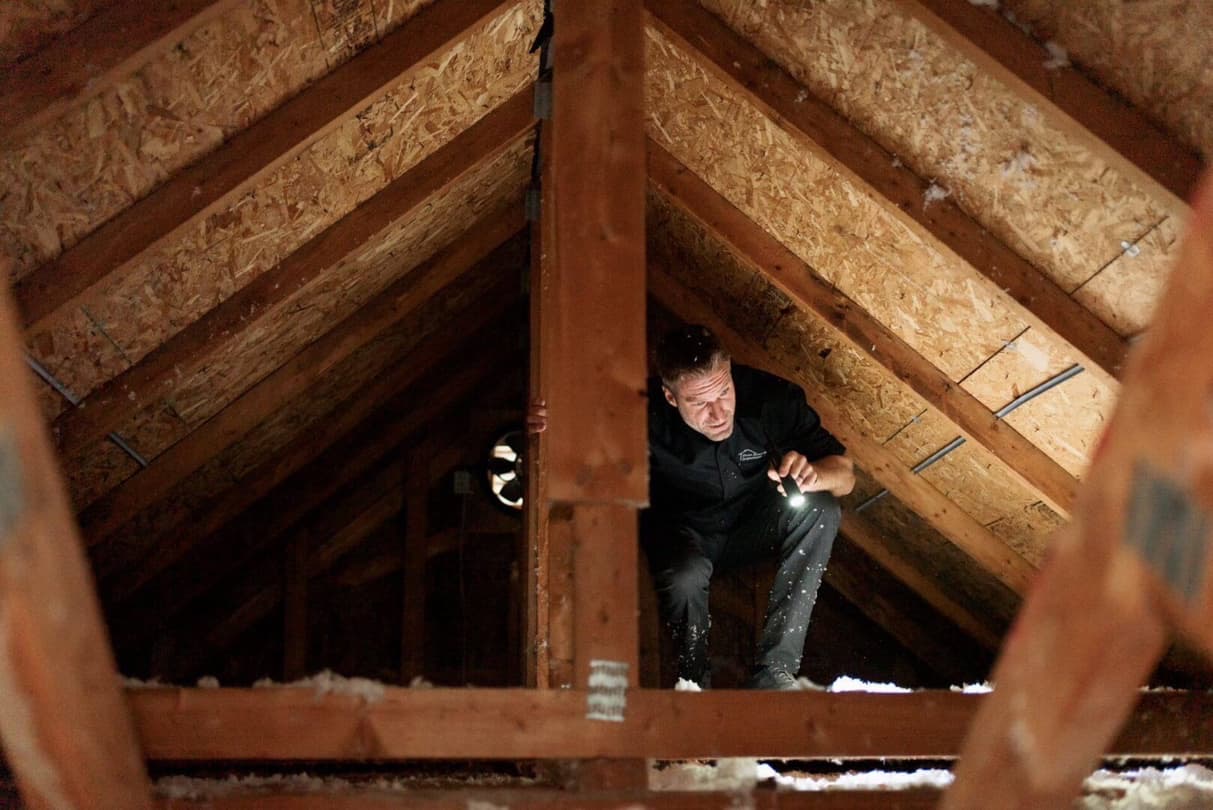
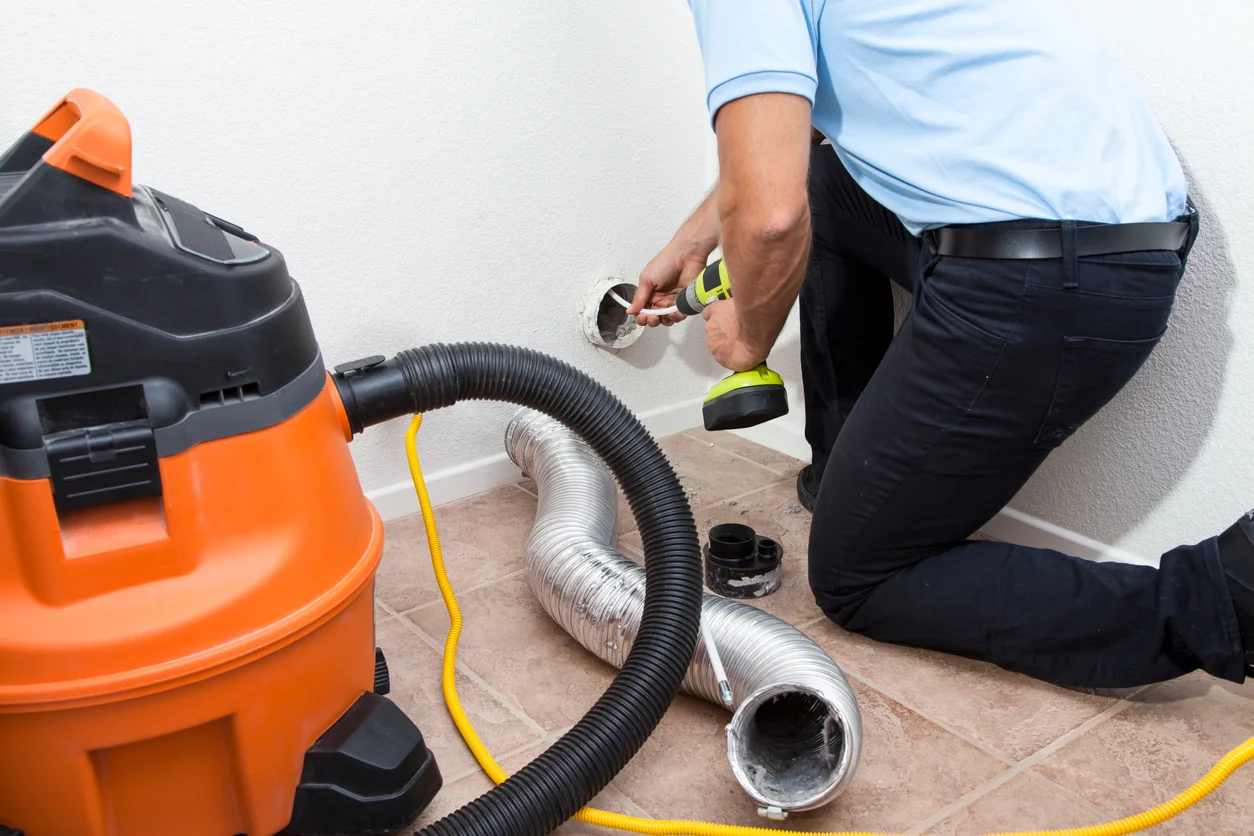
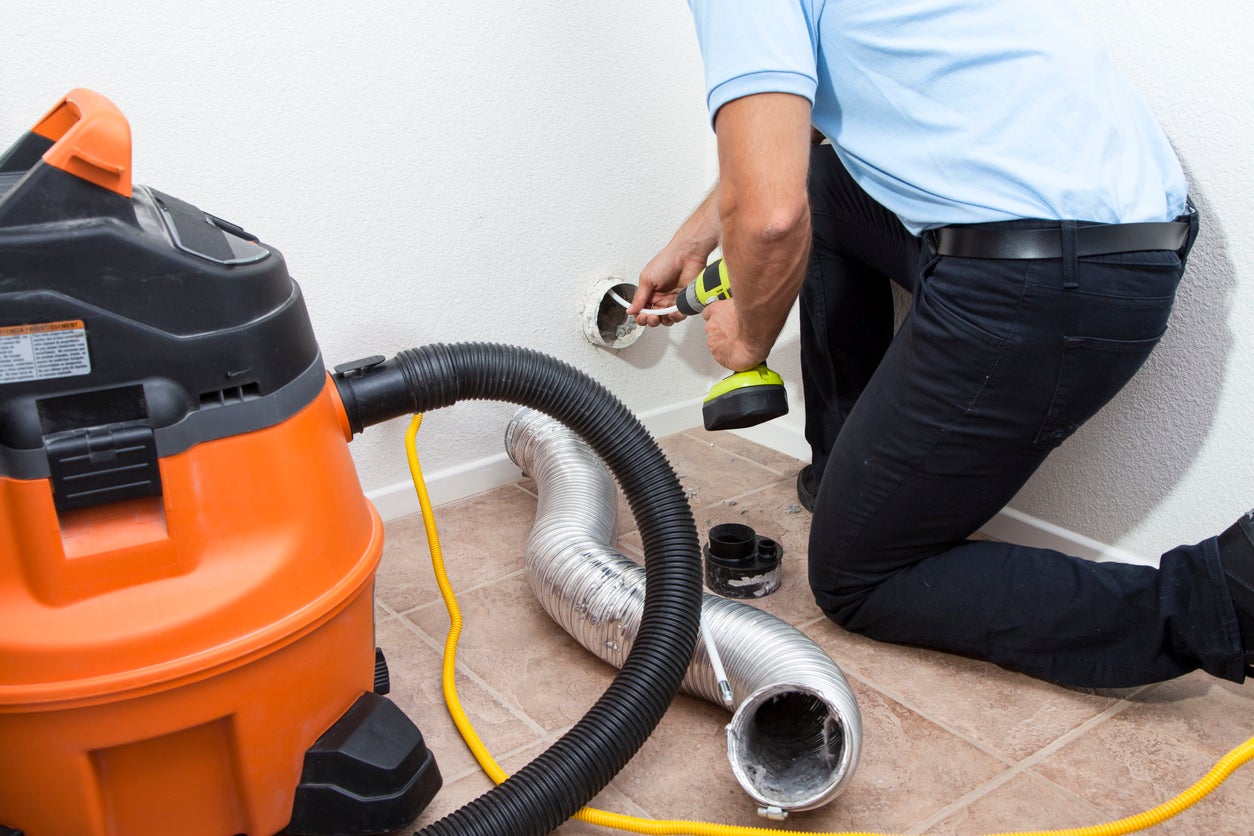

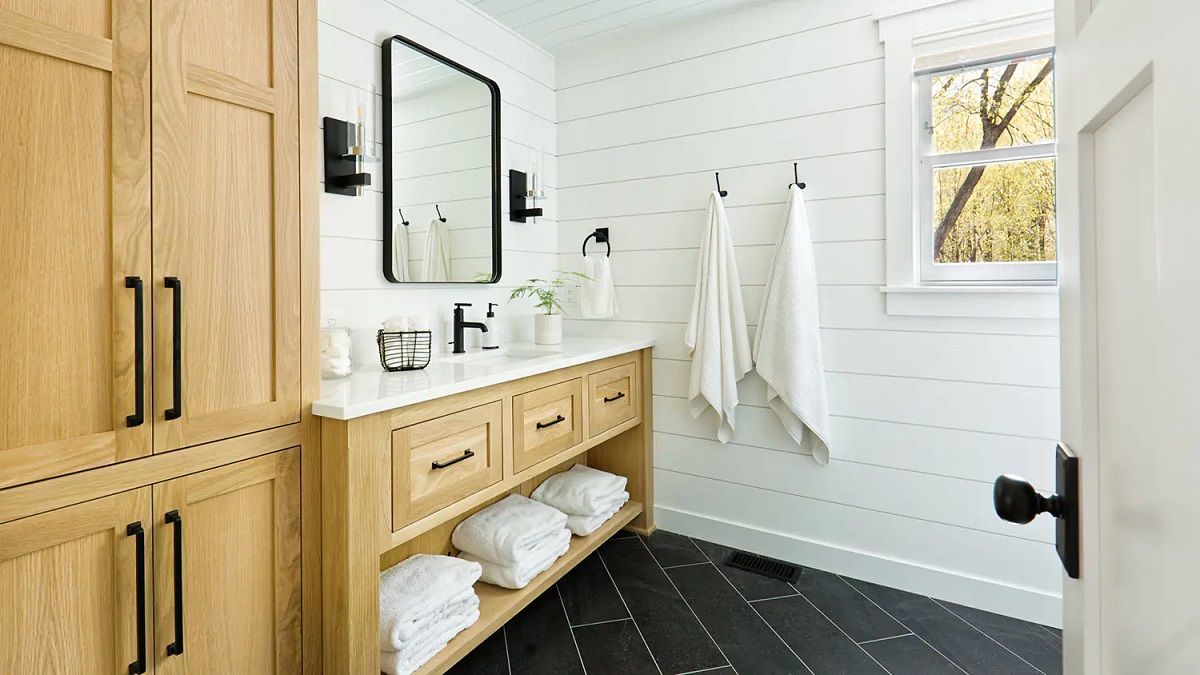

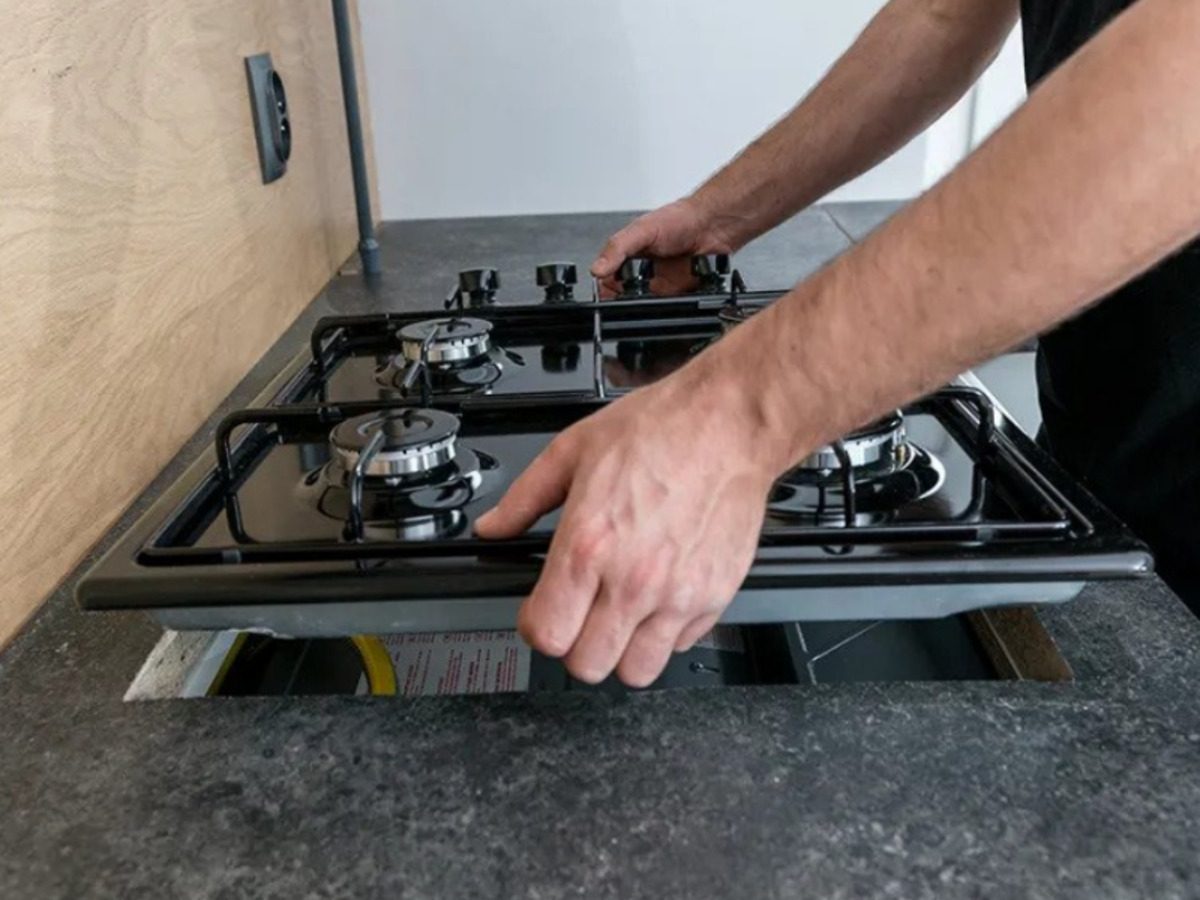
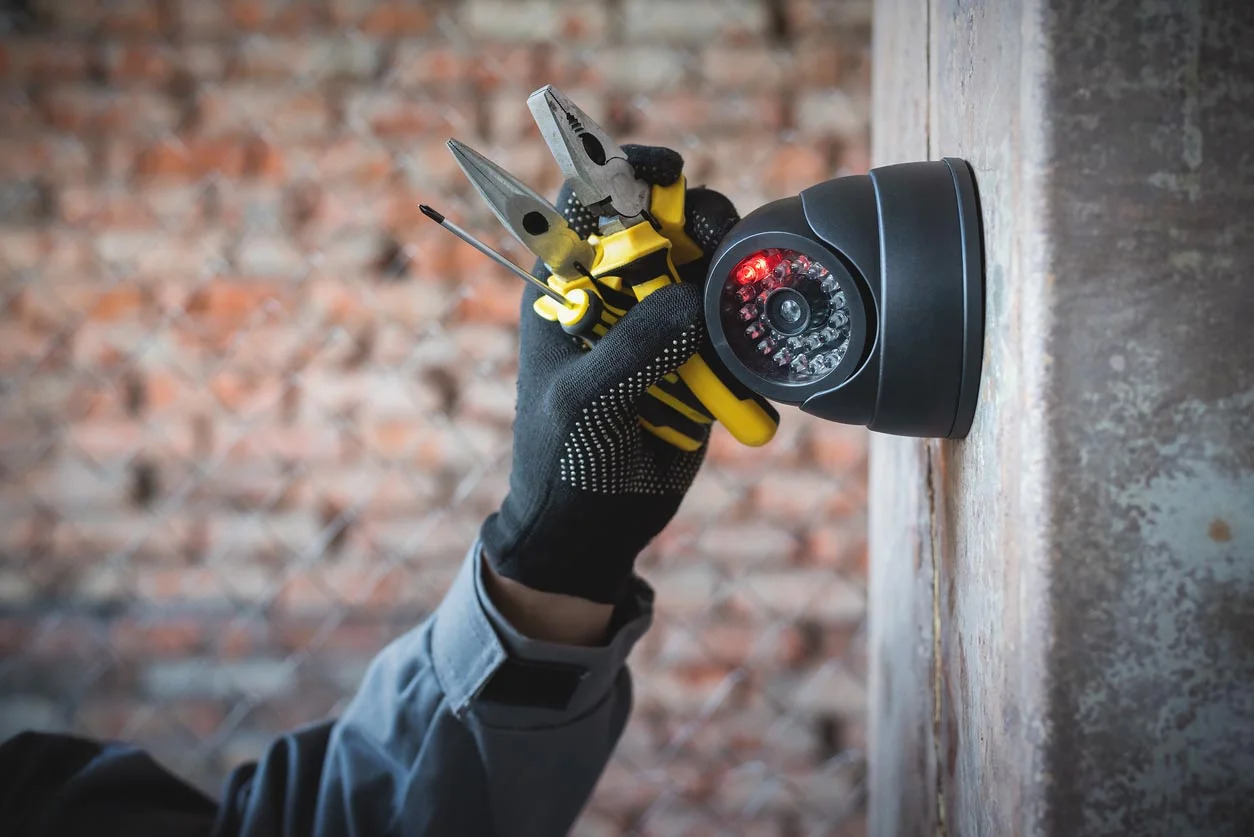
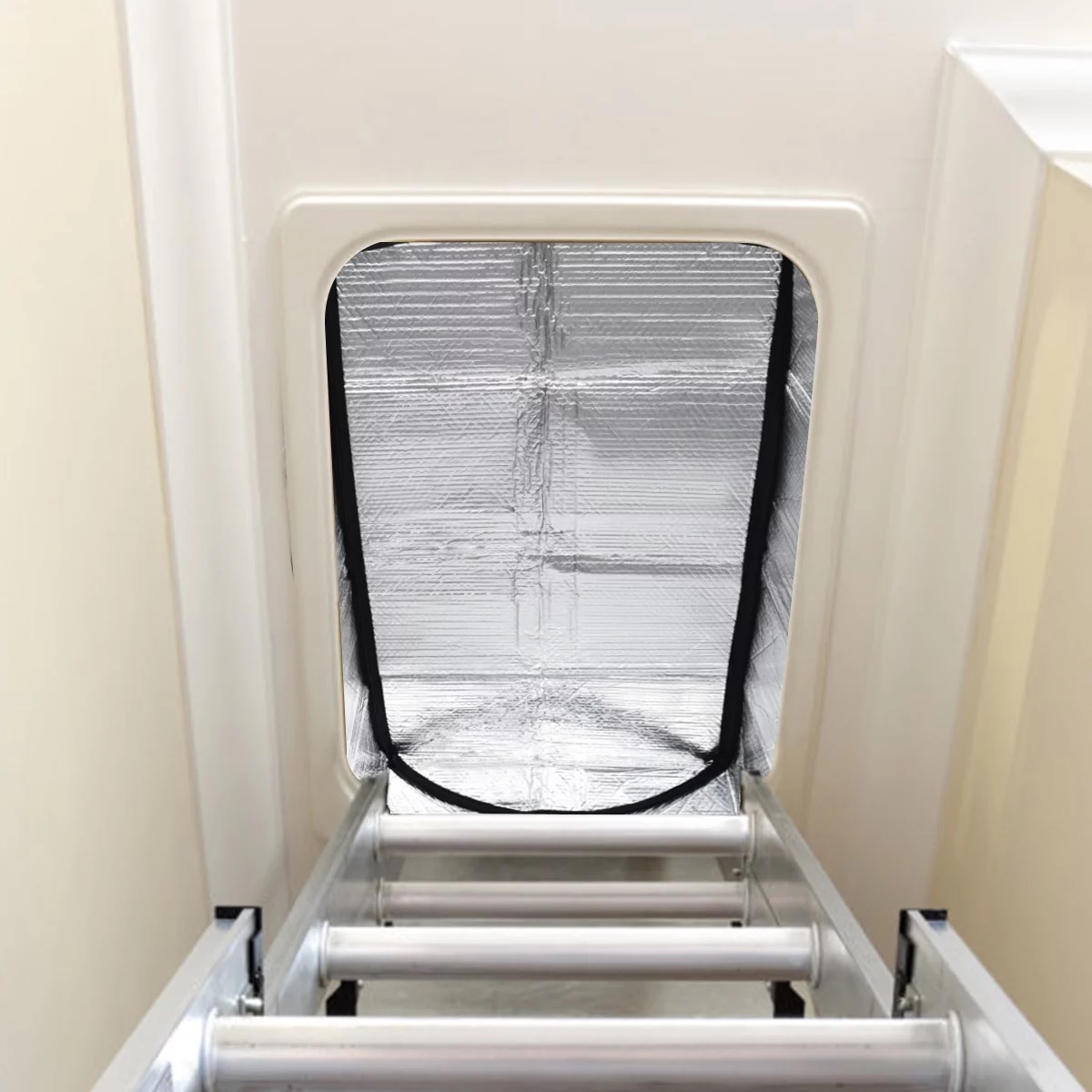
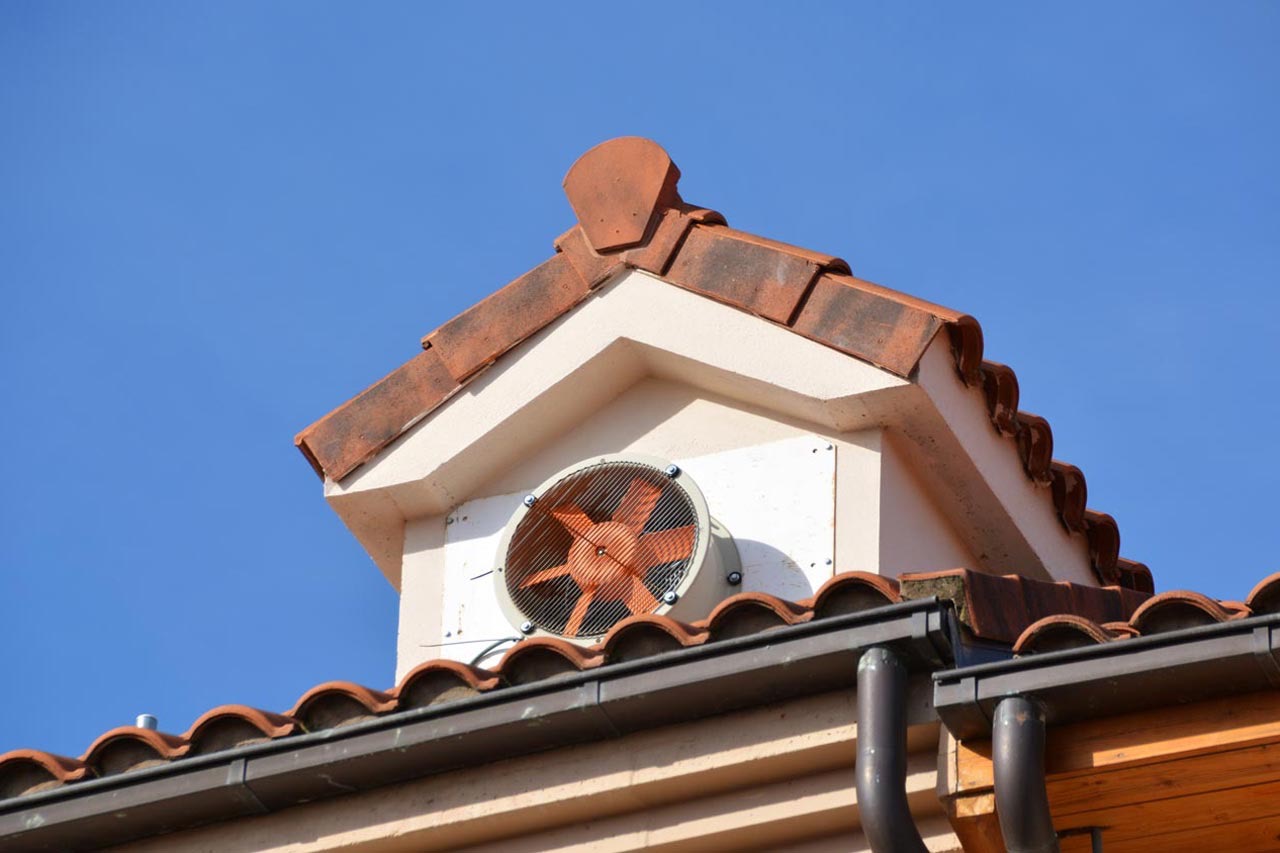
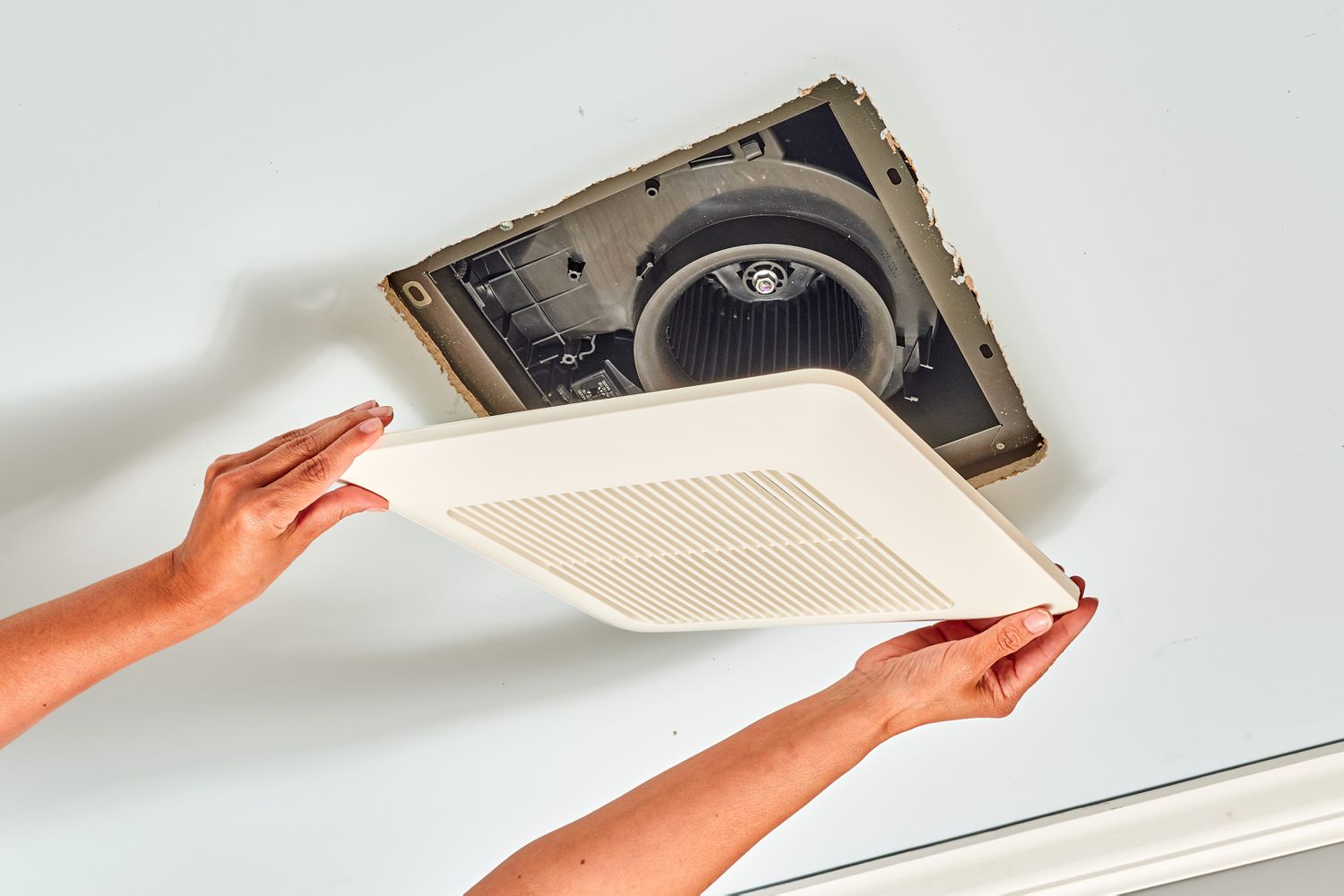
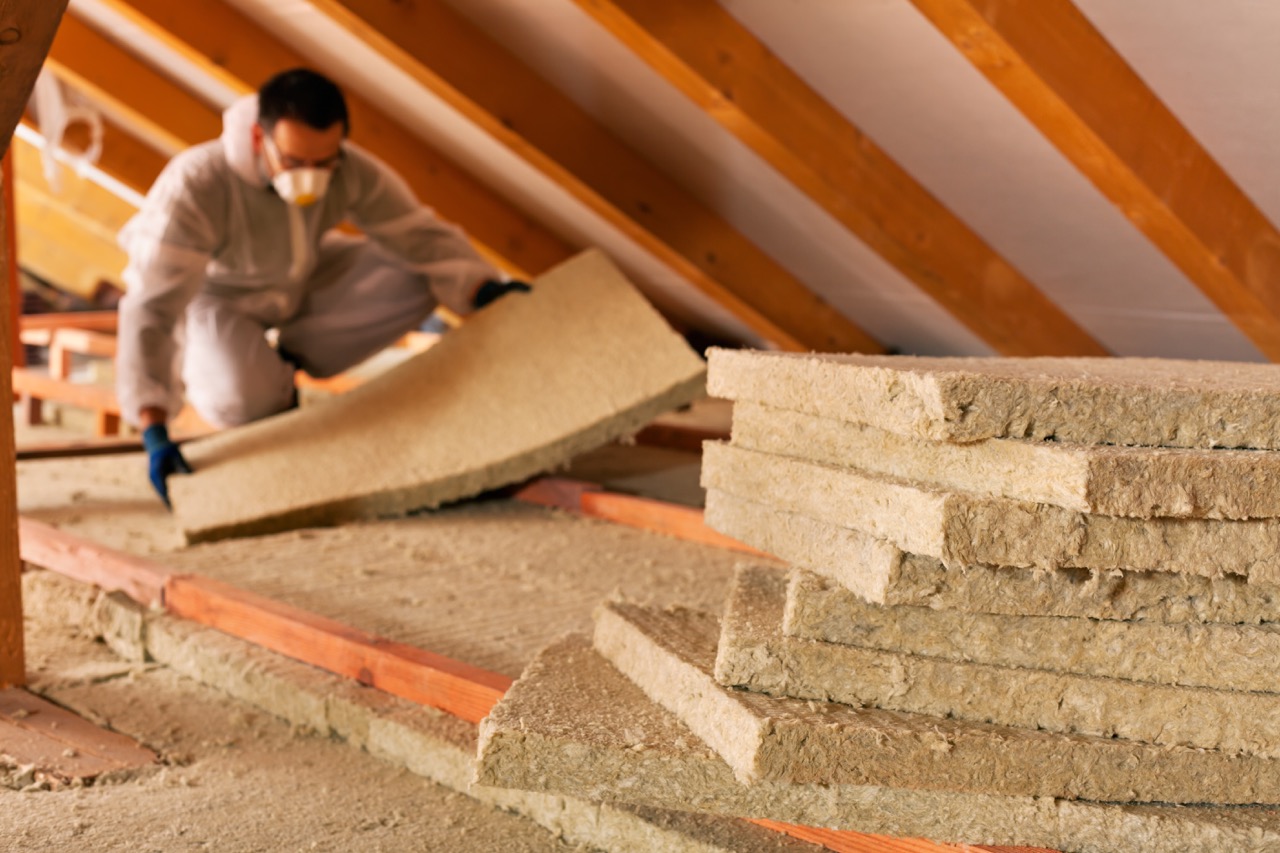
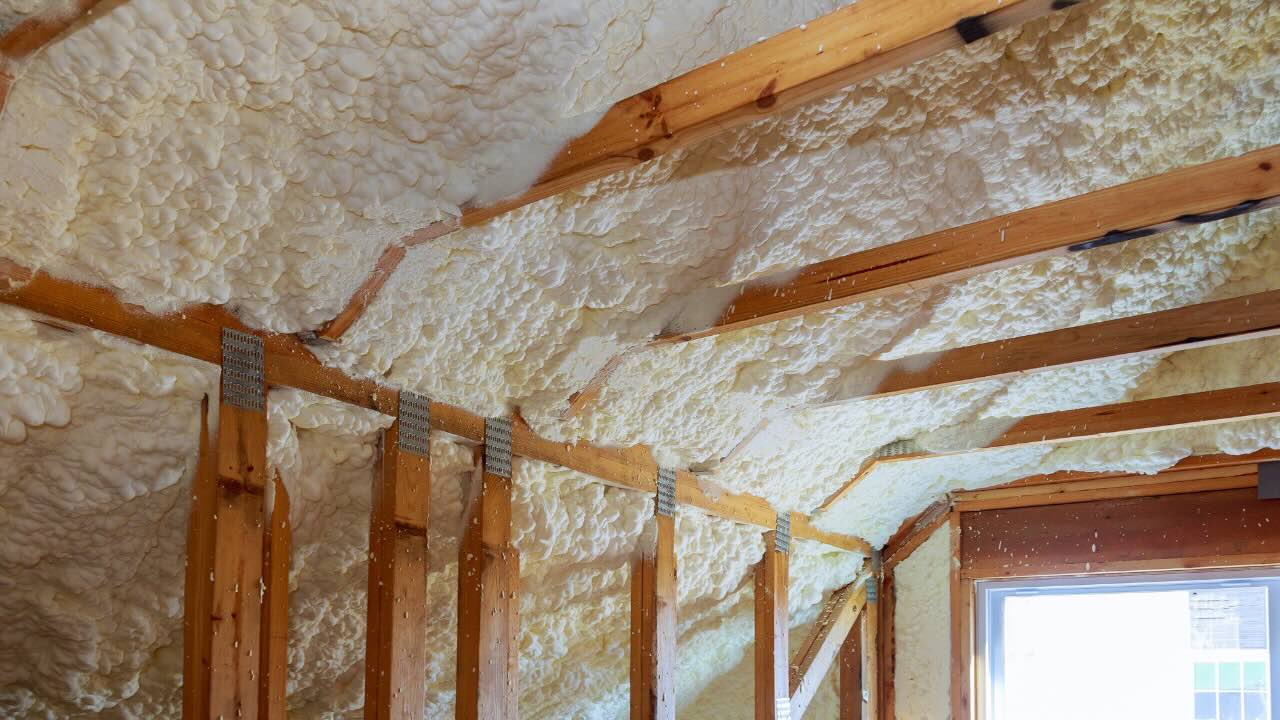
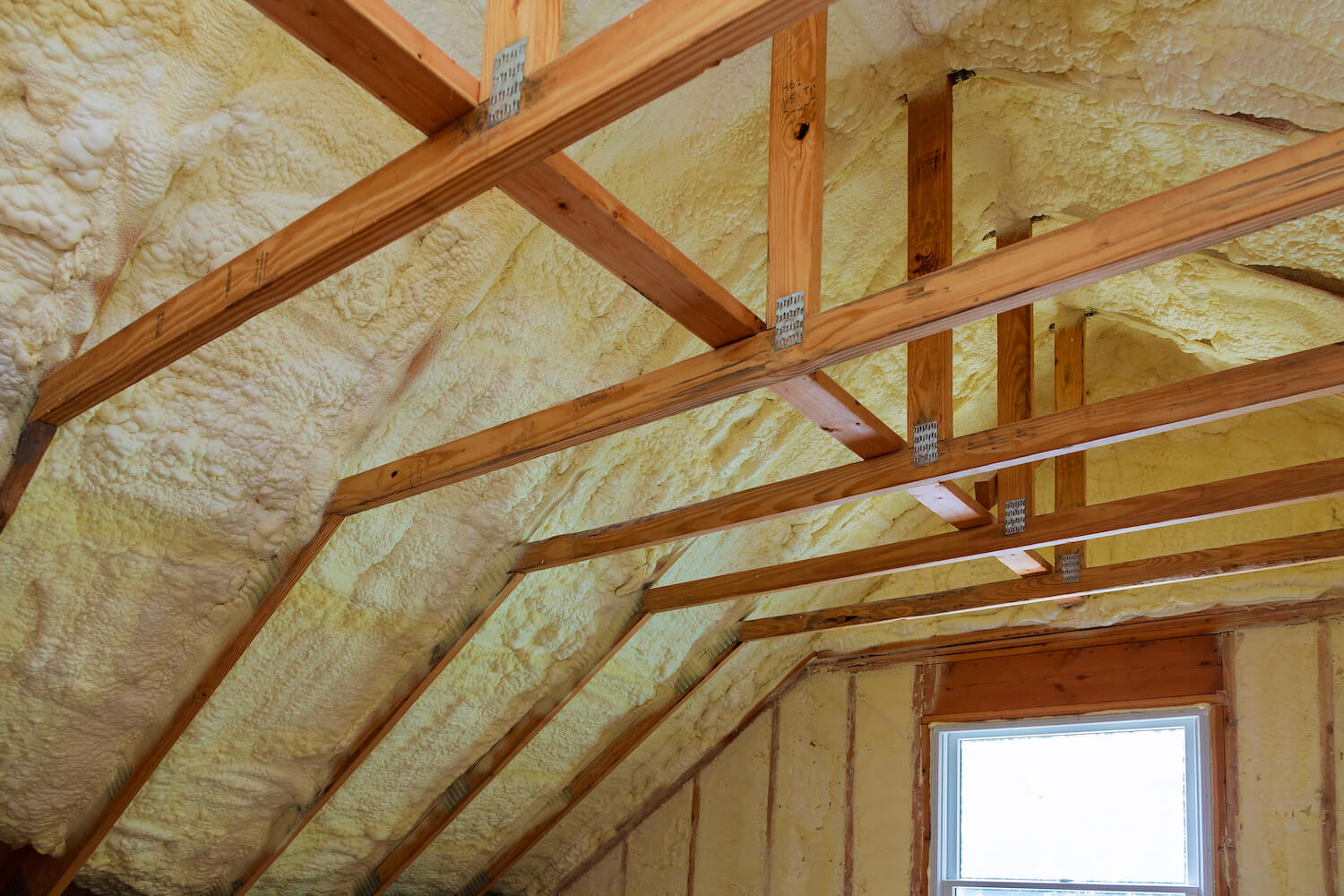

0 thoughts on “Who Can Install Insulation In The Attic”